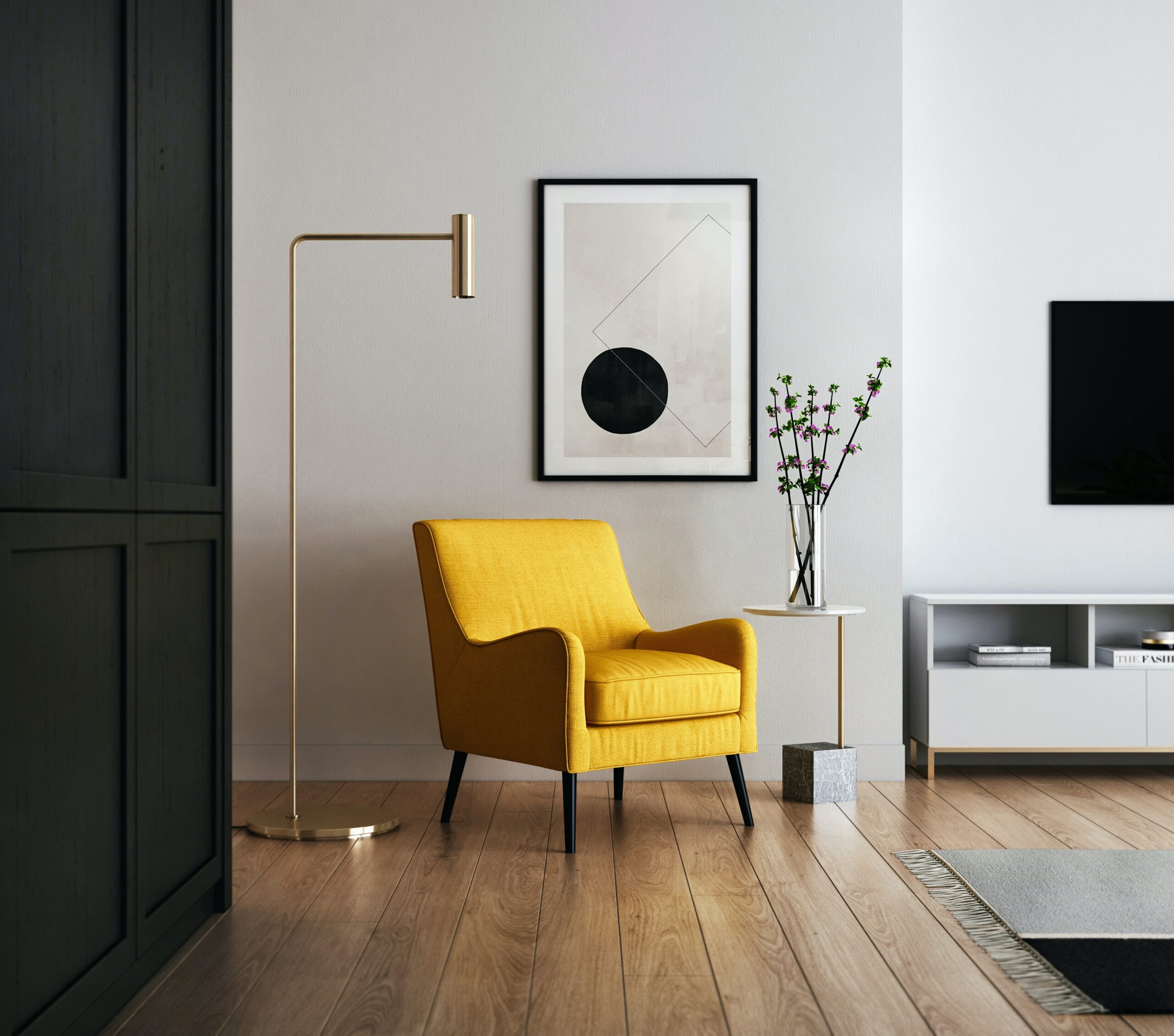[vc_row][vc_column][vc_column_text]
Embarking on a career in interior design is a captivating journey filled with creativity, innovation, and the joy of transforming spaces into inspiring havens. Whether you’re a budding designer or someone considering a career switch, understanding the qualifications needed for interior design is crucial. Let’s delve into the educational and experiential aspects that pave the way for a fulfilling career in this dynamic field.
Educational Foundation: A solid educational foundation is the cornerstone of a successful career in interior design. Many aspiring designers opt for formal education through accredited institutions that offer specialized courses in interior design. These programs, ranging from diploma courses to bachelor’s and master’s degrees, provide a comprehensive understanding of design principles, spatial dynamics, color theory, and the technical aspects of the field.
Selecting the Right Institution: Choosing the right educational institution is a pivotal decision in your journey. Look for schools or colleges that are accredited by relevant industry bodies and have a curriculum that aligns with your career goals. Research faculty credentials, explore alumni success stories, and visit campuses to get a feel for the learning environment.
Online Courses and Workshops: In the era of digital learning, online courses and workshops have become increasingly popular. These can be valuable supplements to formal education or standalone options for those seeking flexible learning schedules. Platforms offering courses in design software, project management, and specialized design topics can enhance your skill set and broaden your knowledge base.
Internships and Practical Experience: While classroom education provides a theoretical foundation, gaining practical experience through internships is equally vital. Internships offer a firsthand look into the daily operations of the industry, allowing you to apply classroom knowledge in real-world scenarios. Seek opportunities to work with established designers or design firms to hone your skills and build a portfolio.
Building a Strong Portfolio: Your portfolio is a visual representation of your skills, creativity, and design sensibilities. Document your projects, even if they are personal or academic, to showcase your evolution as a designer. A well-crafted portfolio is a powerful tool when seeking internships, jobs, or freelance opportunities.
Networking and Industry Exposure: Interior design is not just about technical skills; it’s also about building relationships. Attend industry events, join design communities, and connect with professionals in the field. Networking provides insights, mentorship opportunities, and a chance to stay abreast of industry trends.
Specialization and Advanced Degrees: Consider specializing in a niche within interior design, such as residential, commercial, or sustainable design. Some designers choose to pursue advanced degrees or certifications to deepen their expertise in a specific area. Specialization can set you apart and cater to particular client needs.
Technological Proficiency: In the digital age, proficiency in design software is a must. Familiarize yourself with industry-standard tools like AutoCAD, SketchUp, and Adobe Creative Suite. Technological proficiency not only streamlines the design process but also enhances your competitiveness in the job market.
Effective Communication Skills: Interior designers often act as liaisons between clients, architects, and contractors. Developing strong communication skills is essential for articulating design ideas clearly, understanding client preferences, and fostering successful collaborations.
Business Acumen: Understanding the business side of interior design is crucial for a sustained career. Concepts such as budgeting, project management, and client relations are integral to success. Some designers choose to complement their design education with business courses or workshops.
Licensing and Certification: While not mandatory in all regions, obtaining a license or certification can enhance your credibility as a professional interior designer. Research the requirements in your area and consider pursuing certification from recognized organizations to demonstrate your commitment to high standards.
Continual Professional Development: The design industry is dynamic, with trends and technologies constantly evolving. Engage in continual professional development by attending workshops, conferences, and online courses to stay updated on emerging trends and refine your skills.
Sustainability Education: As sustainability becomes a focal point in design, consider incorporating education on eco-friendly practices into your learning journey. Understanding sustainable materials, energy-efficient design, and environmentally conscious practices will become increasingly valuable in the industry.
Adaptability and Open-mindedness: Interior design is a field that demands adaptability and an open mind. Stay open to new ideas, be willing to embrace change, and cultivate a mindset that thrives in the face of evolving design trends and client preferences.
Community Engagement: Participate in community projects or volunteer opportunities. Applying your design skills to projects that contribute to the community not only adds a meaningful dimension to your portfolio but also showcases your commitment to using design for positive impact.
Self-Initiated Projects: Beyond formal education, consider taking on self-initiated projects. These projects, whether redesigning a room in your home or participating in design challenges, allow you to apply and refine your skills outside the classroom.
Mentorship Opportunities: Exploring mentorship opportunities with experienced designers provides valuable insights and guidance. A mentor can offer advice on navigating the industry, building a career, and overcoming challenges based on their own experiences.
Conclusion: In conclusion, the qualifications needed for a career in interior design encompass a blend of formal education, practical experience, technological proficiency, and a commitment to continual learning. By investing in your education, building a robust portfolio, networking with industry professionals, and staying adaptable, you can embark on a rewarding journey into the world of interior design. Remember, the beauty of this field lies not just in transforming spaces but in the continual transformation and growth of the designer.
[/vc_column_text][vc_empty_space][vc_gallery type=”image_grid” images=”10876,10873,10869,10866,10863,10860,10854,10851,10825,10822,10813,10780,10703,10696,10694,10714,10712,10630,10626,10606,10609″ img_size=”300×300″][vc_empty_space][vc_column_text]Useful links | Interior Design | Interior Design company in Delhi NCR | Interior Design Cost in Gurgaon | Low budget interior designer in Gurgaon | Interior Design Firm | Interior Designer Ideas | Interior Designer in Noida Extension | Interior A to Z | Interior Designer in Gurgaon[/vc_column_text][vc_empty_space][vc_empty_space][vc_pinterest][vc_empty_space][vc_empty_space][vc_tweetmeme][vc_empty_space][/vc_column][/vc_row]
